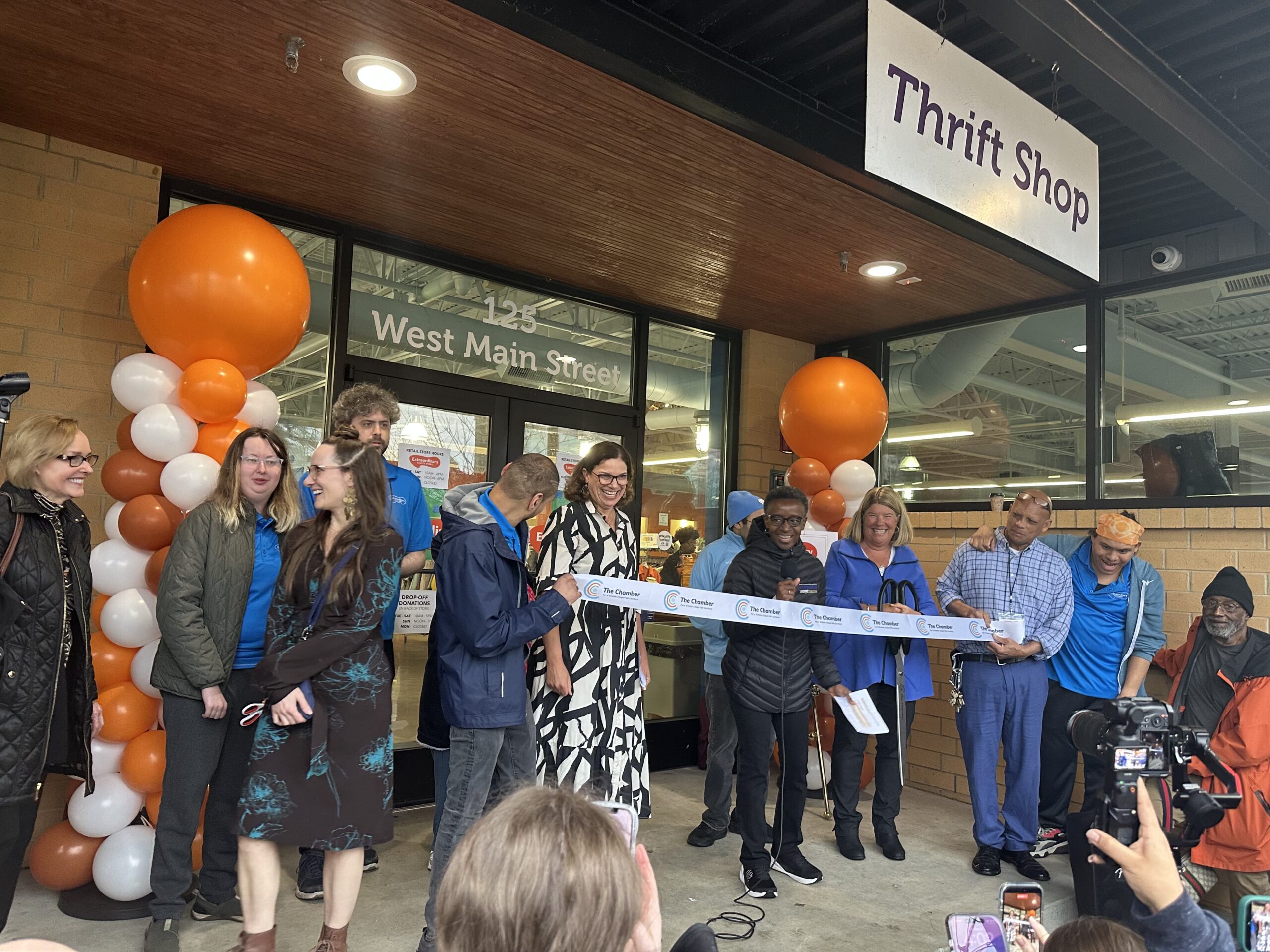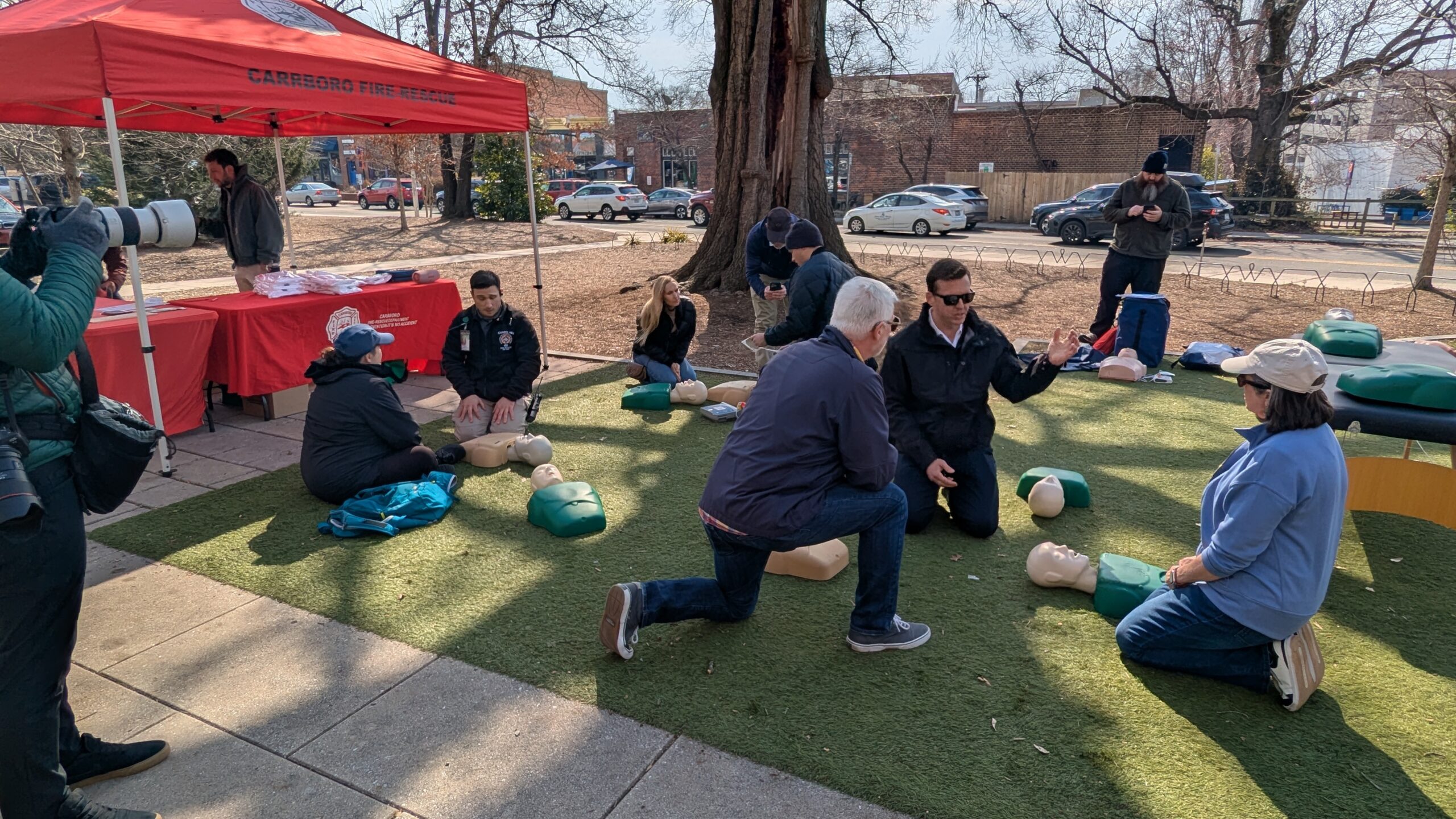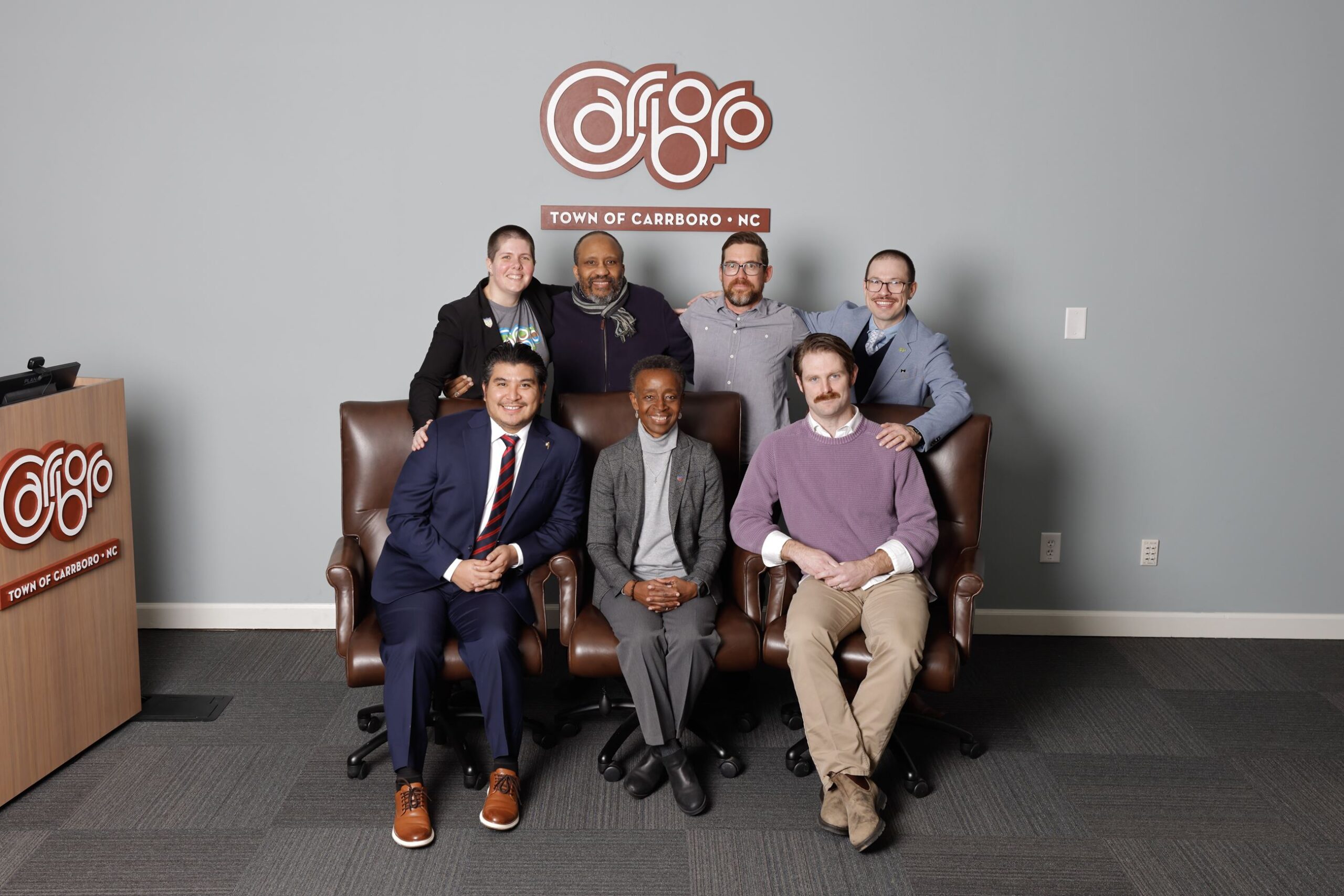Fireworks will rise into the sky on July 4th as millions of Americans celebrate the birth of our nation and its values of freedom and independence.
But Ted Shaw, professor of law and director of the Center for Civil Rights at UNC-Chapel Hill, says it’s important to remember that July 4th, 1776 did not mark the birth of freedom for African Americans. They and their children, grandchildren and great-grandchildren would remain enslaved for almost a hundred years after the signing of the Declaration of Independence.
That distinction is the subject of Frederick Douglass’ fiery 1852 speech, “The Meaning of the Fourth of July to the Negro.” Shaw and others will be reading the speech at noon on July 4th at the Carrboro Century Center.
“He [Douglass] talked about the fact that white americans—they celebrated freedom, they celebrated independence, they celebrated their country. But for the slave—for African Americans—that was hypocrisy,” Shaw says.
Shaw says Douglass’ speech still resonates with Americans today, even 150 years after the abolition of slavery.
“We still carry this stuff with us,” Shaw says. He points out that since African Americans arrived in what is now the U.S., they have lived 90 percent of the time under either slavery or Jim Crow.
“And yet,” Shaw says, “we have that dishonest discourse that says ‘that’s history, that happened too long ago’—even though we embrace all kinds of things that happened a long time ago, including our Founding Fathers, and the Declaration of Independence, and the Constitution.”
Shaw points to disproportionate rates of poverty and incarceration, and educational inequalities as part of the continuing legacy that began with slavery. He says Douglass’ message resonates today because people of color are still fighting against the same forces of structural racism and discrimination Douglass spoke out against.
Shaw quotes Douglass: “Frederick Douglass said ‘if there is no struggle, there is no progress.’ He said ‘there is no negro problem,’ in the language of the time. He said the problem is whether the American people have loyalty enough, honor enough and patriotism enough to live up to their own constitution,” Shaw says. “That’s what I think about on the Fourth of July. I think that’s what all Americans, not only African Americans, ought to think about on the Fourth of July.”
Related Stories
‹
![]()
On July 4, Remembering Our Civil Rights LegacyChapel Hill and Carrboro are both holding events this week to commemorate America's centuries-long fight for equality.

Extraordinary Thrift Store in Carrboro Holds Ribbon-Cutting, Welcomes CustomersLocal officials, Extraordinary Ventures employees, and eager shoppers alike braved the rain to celebrate the ribbon-cutting ceremony for the Carrboro thrift store.
![]()
Conversations We Need to Have - Carrboro Race And Equity Officer Anita Jones-McNairCarrboro Chief Race And Equity Officer Anita Jones-McNair spoke with 97.9 The Hill's Andrew Stuckey on Monday, March 2. She discussed highlights of Carrboro's Black History Month programming, including a rescheduled concert that hasn't happened yet. She also discussed the importance of celebrating Black History Month in the current climate, and the importance of voting with primary election happening tomorrow. She also previewed some upcoming town events, and more.
![]()
Carrboro: Film Fest, Early Voting, Chamber Event, and MoreCarrboro Mayor Barbara Foushee spoke with 97.9 The Hill's Andrew Stuckey on Friday, February 27, discussing town news and events. She talked about the rescheduled Carrboro Film Fest happening this weekend at the Drakeford Library Complex, along with early voting wrapping up on Saturday. She also mentioned the ribbon cutting for the Extraordinary Thrift Shop, which is taking over for the Community Worx Thrift shop in downtown Carrboro. She also gave highlights from an event from the Chamber for a Greater Chapel Hill Carrboro, and more.

Thousands Participate in CPR Training World Record Attempt, With Orange County Among LeadersIt’s not every day that there’s a world record attempt in North Carolina, let alone locally. But on Wednesday, Orange County served as a hub for an effort to break the record for single-day hands-only CPR trainings. As people walked up to grab their groceries or a coffee from Weaver Street Market in Carrboro […]
![]()
Carrboro: Legislative Breakfast, Delaying Weaver Street Pilot, Town Council MeetingCarrboro Mayor Barbara Foushee spoke with 97.9 The Hill's Andrew Stuckey on Friday, February 20, discussing town news and events. She discussed the legislative breakfast that town leaders had with state and U.S. legislators. She also talked about the town council's unanimous decision to delay the East Weaver Street closure pilot after numerous logistical questions from stakeholders. She recapped the rest of the town council meeting, discussed upcoming events, including the rescheduled Carrboro Film Fest, and more.

Carrboro Town Council 'Pauses' Proposed East Weaver Street Pilot ClosureA pilot plan to close E. Weaver St. to traffic on weekends was set to begin April 17, but the Carrboro Town Council is delaying it by a year.

Carrboro Man, Chatham County Schools Staffer Arrested on Child Exploitation ChargesChristopher James Rex, 40, faces ten counts of second-degree sexual exploitation of a minor following an SBI investigation.

Extraordinary Thrift Store In Carrboro Sets February Opening DateExtraordinary Thrift Store in Carrboro, formerly CommunityWorx Thrift Store, announced it will open to the public on Friday, Feb. 27.

Carrboro's E. Weaver Street to Close to Vehicles Every Weekend in April, Temporary Bike-Ped PlazaStarting in April, Carrboro’s East Weaver Street will be closed to vehicles every weekend — the town's next step in reimagining East Weaver.
›







